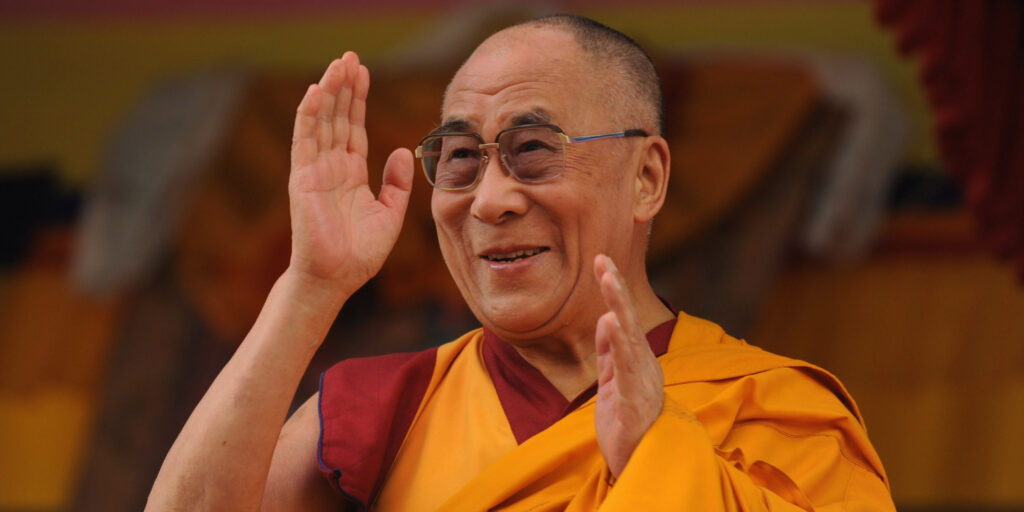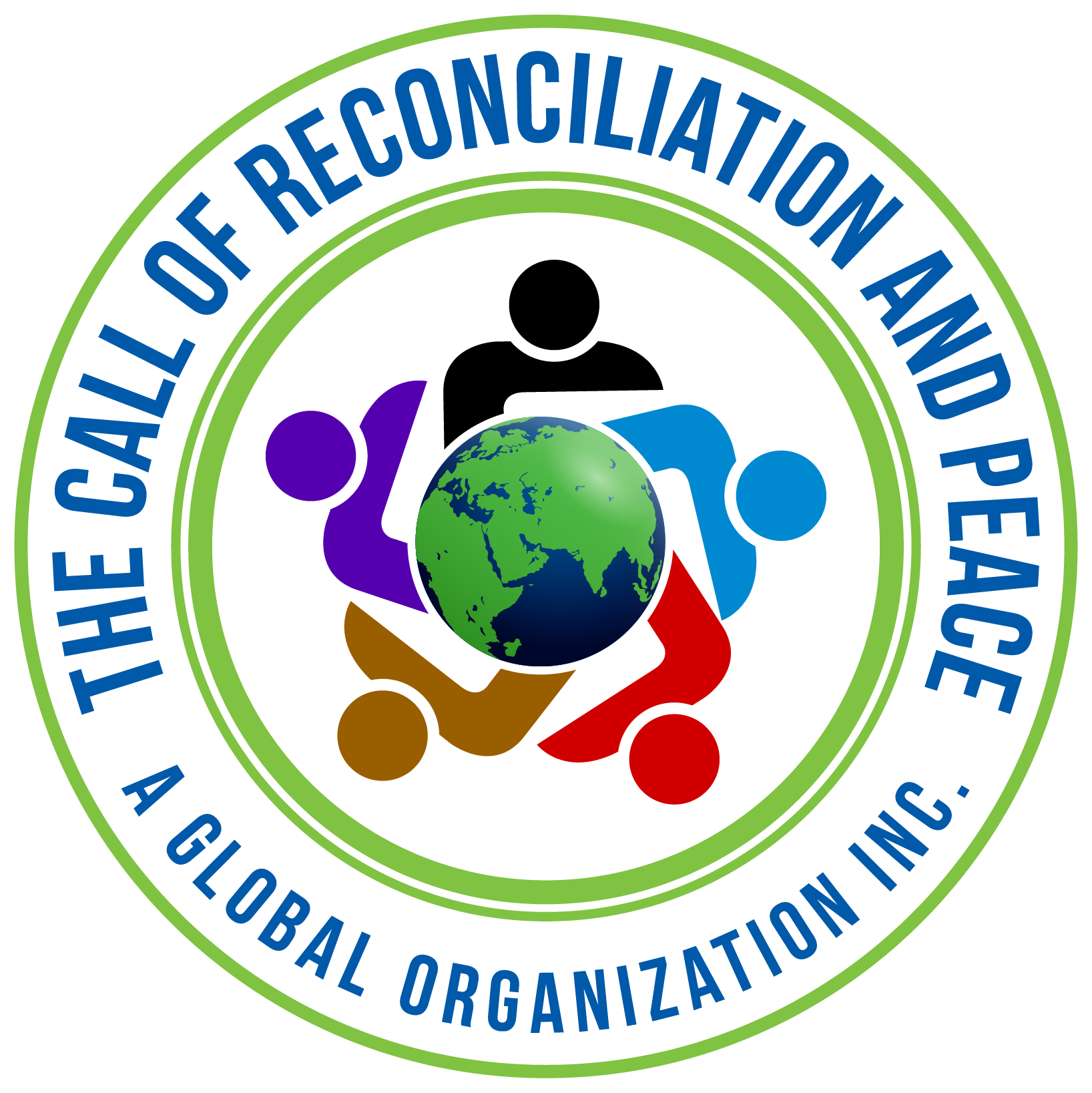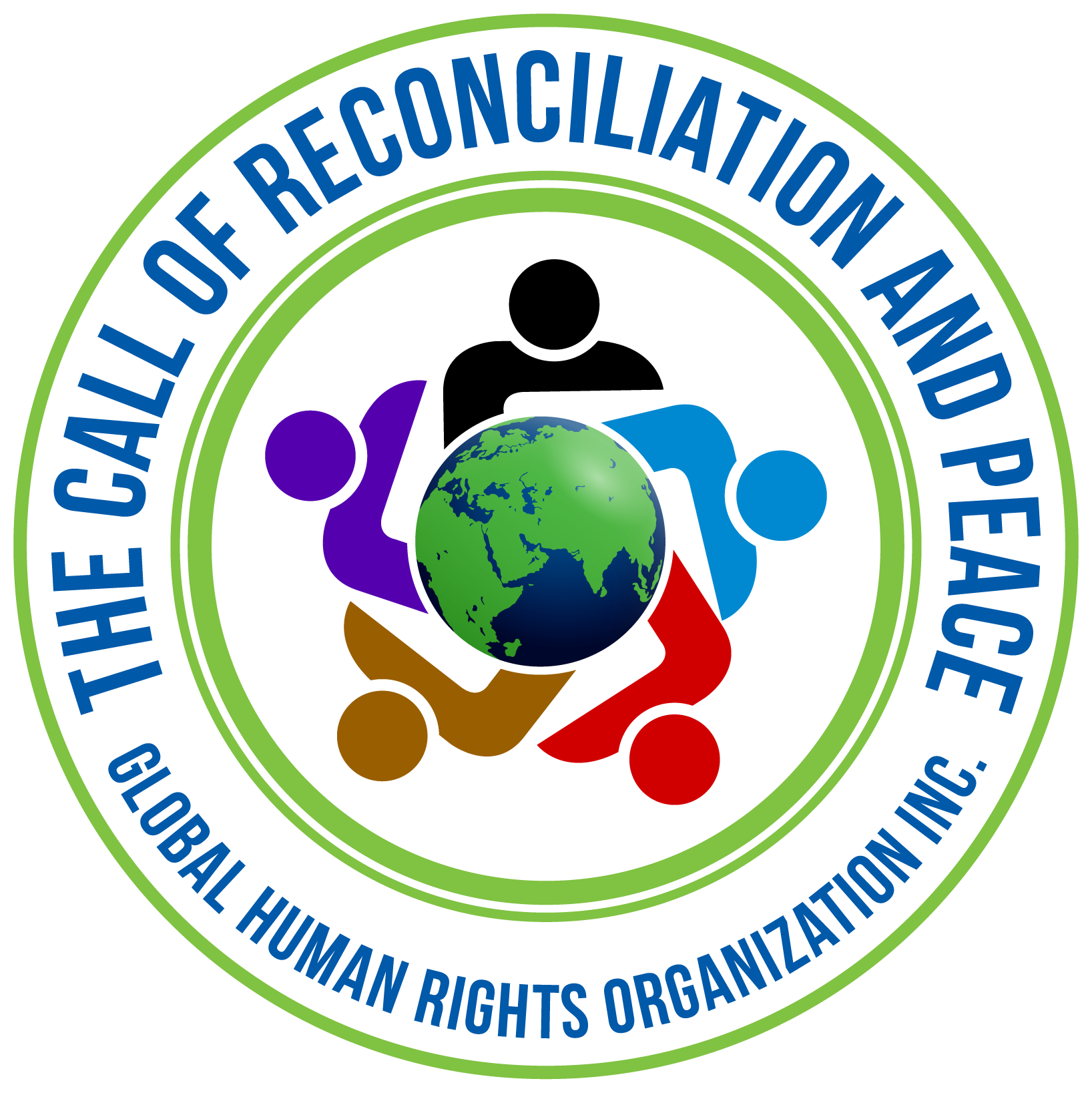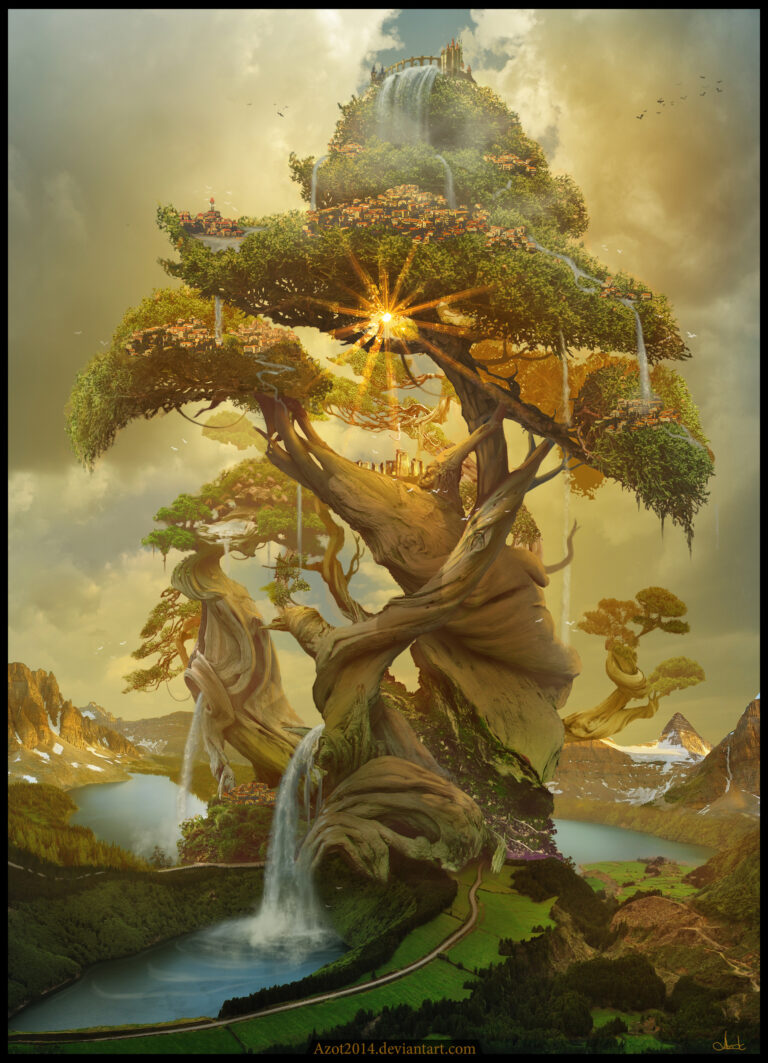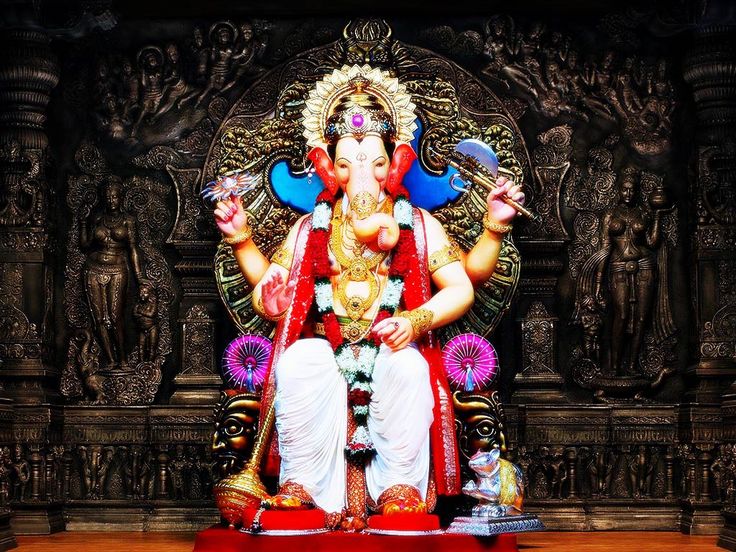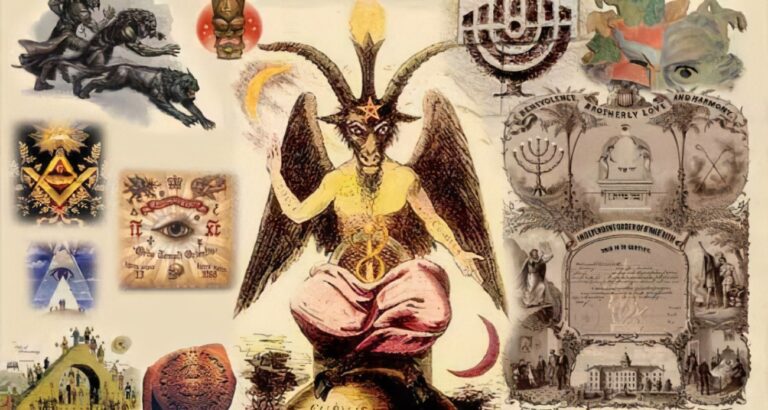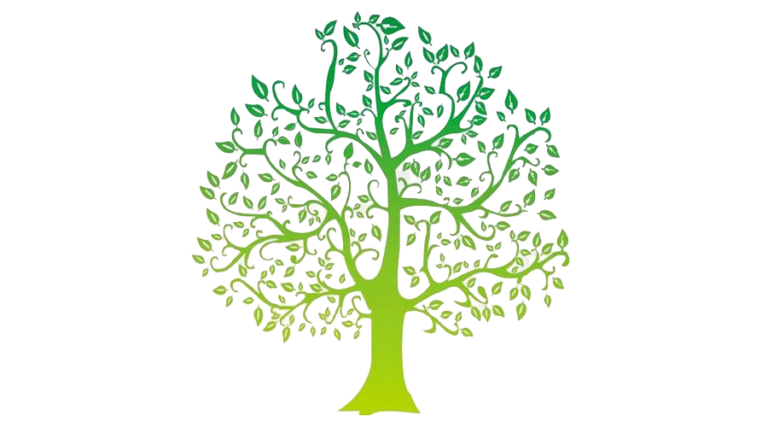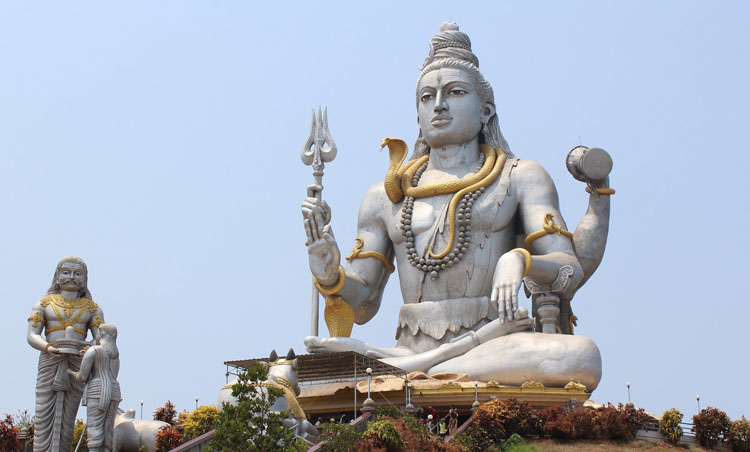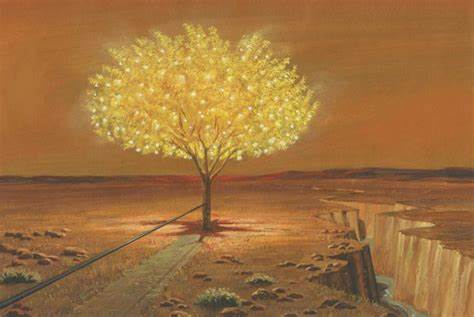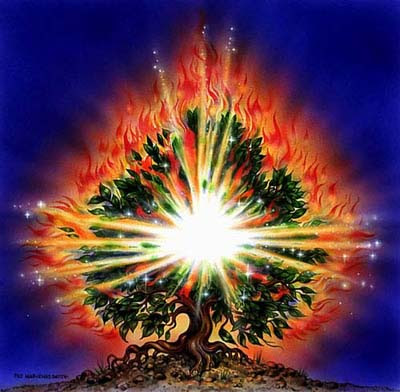
Jamie Jordan
Building a culturally inclusive, understanding, and supportive world for the LGBTQ community is crucial because it ensures that everyone can live authentically and without fear of discrimination. It starts with each of us embracing diversity and challenging our own biases. By personally committing to educating ourselves, we broaden our understanding and foster empathy and help contribute to a society where diversity is celebrated and embraced. Creating welcoming and affirming environments in our own social circles and workplaces ensures everyone feels accepted for who they are and creates a sense of belonging and acceptance. And let’s not forget the importance of recognizing and honoring the intersectional experiences of LGBTQ individuals from all walks of life. By taking these personal steps and standing up as allies, we can help create a world where everyone feels seen, heard, and valued.Hinduism
Hinduism is a diverse and complex religion with roots in ancient Indian civilization. Central to Hinduism is the belief in reincarnation and karma, the idea that actions in one’s current life determine future rebirths. Hinduism encompasses multiple deities, rituals, and philosophies, allowing for diverse expressions of spirituality. Hinduism preaches the concept of dharma, or duty, which guides individuals in their moral and social responsibilities and moksha, liberation from the cycle of rebirth.
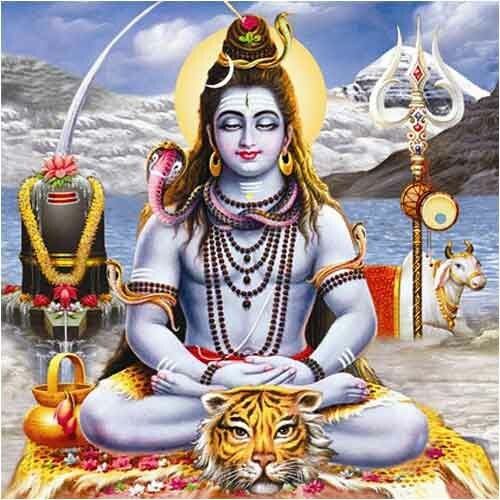
Judaism
Judaism is one of the oldest monotheistic religions, tracing its roots to the covenant between God and Abraham. Central to Judaism is the belief in Yahweh as the one true God and adherence to the Torah, which includes the Ten Commandments and other laws. Judaism emphasizes the covenantal relationship with God, the significance of Jewish identity and community, and the concept of chosenness, which underscores the Jewish people’s role in God’s plan.

Buddhism
Buddhism originated from the teachings of Siddhartha Gautama, known as the Buddha, who sought to alleviate human suffering. Central to Buddhism is the Four Noble Truths, which diagnose the cause of suffering and prescribe a path to liberation. Unique to Buddhism is the concept of impermanence, the practice of mindfulness and meditation, and the goal of attaining Nirvana, a state of ultimate enlightenment and liberation from suffering.
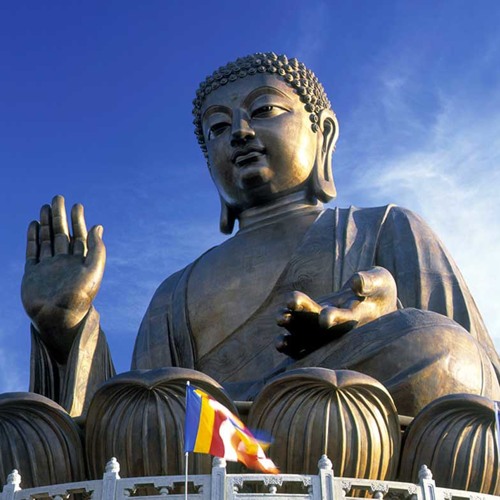
Christianity
Christianity emerged from the teachings of Jesus Christ, whom Christians believe to be the Son of God and the Savior of humanity. At the core of Christianity is the belief in the Trinity, God as Father, Son, and Holy Spirit, and the concept of salvation through faith in Jesus’ sacrificial death and resurrection. Unique to Christianity is the sacramental tradition, including baptism and communion, the emphasis on love and forgiveness, and the promise of eternal life.

Islam
Islam is a monotheistic faith founded by the Prophet Muhammad in the 7th century CE. Its essence is belief in Allah as the true God and Muhammad as His final Prophet. The Quran is the holy scripture that guides adherents in faith and practice. Unique to Islam is the Five Pillars, which outline essential acts of worship, including the declaration of faith, prayer, fasting, almsgiving, and pilgrimage to Mecca.
Sikhism
Sikhism was founded by Guru Nanak in 15th-century India, emphasizing the belief in one God and the equality of all humanity. Central to Sikhism is the Guru Granth Sahib, a sacred scripture containing the teachings of Sikh Gurus and other spiritual figures. Unique to Sikhism is the practice of seva, selfless service to others, the significance of the Khalsa community, and the commitment to the principles of equality, justice, and righteous living.
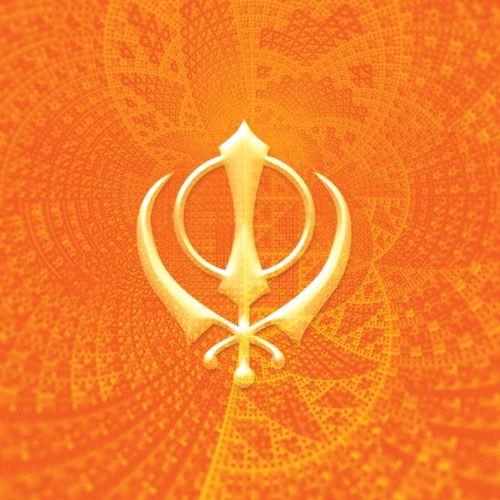
Parsis
Parsis, or Zoroastrians, follow the teachings of the Prophet Zoroaster (Zarathustra) and consider Ahura Mazda the supreme deity. Central to Zoroastrianism is the belief in the eternal battle between good and evil, with humans having the freedom to choose between righteousness and falsehood. Unique to Parsis is the emphasis on ethical conduct, purity, and the veneration of fire as a symbol of divine presence and purity.
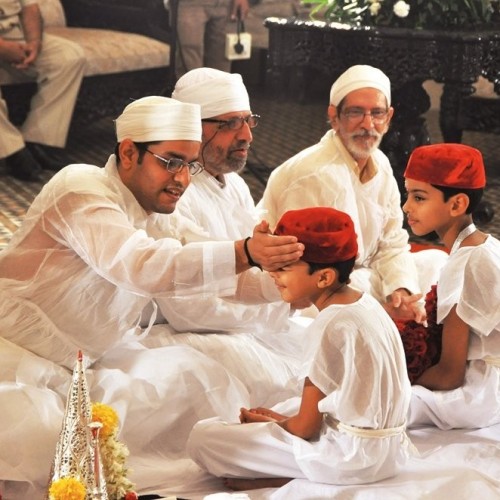
Jainism
Jainism, founded by Lord Mahavira, emphasizes non-violence (ahimsa), truth (satya), non-stealing (asteya), chastity (brahmacharya), and non-attachment (aparigraha). Central to Jainism is the belief in the eternal nature of the soul and the pursuit of spiritual purity through ascetic practices and righteous living. Unique to Jainism is the concept of ahimsa, practiced not only in actions but also in thoughts and words, as well as the emphasis on non-possessiveness and detachment from material possessions.
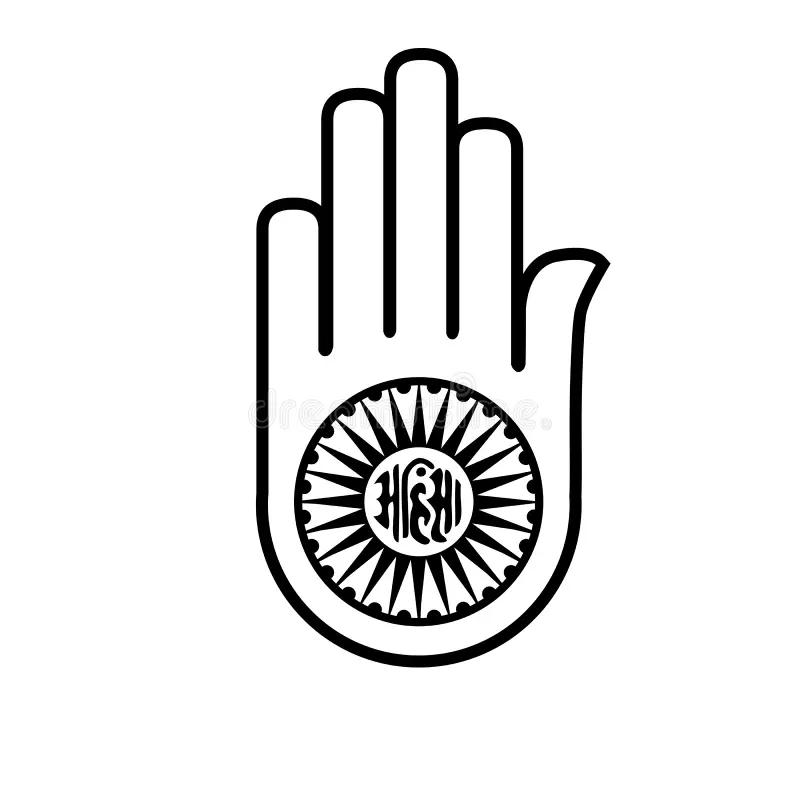
Atheism
Atheism is not a religion but a lack of belief in gods or supernatural beings. Atheists rely on reason, evidence, and scientific inquiry to understand the universe and reject the existence of deities based on the absence of empirical evidence. Unique to atheism is its diversity, encompassing a wide range of philosophical perspectives and worldviews, with some atheists actively promoting secularism and humanism as alternatives to religious belief.

Agnosticism
Agnosticism is the belief that the existence of gods or the supernatural is unknown or unknowable, emphasizing the limitations of human knowledge in these matters. Agnostics neither affirm nor deny the existence of deities but instead suspend judgment due to the lack of empirical evidence. It is unique for its skepticism towards claims of absolute knowledge about the divine, encouraging open-minded inquiry and intellectual humility.
Baha’i Faith
The Baha’i Faith is a monotheistic religion that originated in the 19th century in Persia (now Iran). It teaches the unity of all religions and the oneness of humanity. Baha’is believe in the existence of one God who is the source of all creation and the ultimate reality.

Shintoism
Shintoism is the indigenous religion of Japan, dating back thousands of years. It centers around the veneration of kami, or spirits, which are believed to inhabit natural phenomena, objects, and ancestors. Shintoism emphasizes the importance of rituals, purity, and harmony with nature, and is deeply ingrained in Japanese culture and society.

Cao Dai
Cao Dai is a syncretic religion that originated in Vietnam in the early 20th century and combines elements of various religious traditions, including Buddhism, Taoism, Confucianism, Christianity, and Islam. Cao Dai followers believe in a supreme deity, that they call “Cao Dai,” who, according to its believers, governs the universe and guides the destiny of humans. The believers of Cao Dai also honor saints, prophets, and spiritual leaders from other religious traditions that foster peace, empathy, and spiritual awakening.

Rastafarianism
Rastafarianism originated in Jamaica in the 1930s and is a monotheistic religion that venerates Emperor Haile Selassie I of Ethiopia as the earthly incarnation of God, known as Jah. The religion promotes social justice, equality, and the rejection of materialism, while also incorporating elements of African spirituality and culture.

Tenrikyo
Tenrikyo is a Japanese new religious movement founded in the 19th century by Miki Nakayama, who claimed to have received revelations from God. It teaches the existence of a single creator deity, Tenri-O-no-Mikoto, and emphasizes the importance of leading a virtuous and harmonious life, while also promoting the healing of physical and spiritual ailments through prayer and faith.

Thich Nhat Hanh (Buddhism)
Thich Nhat Hanh, a Vietnamese Buddhist monk, is renowned for his mindfulness, compassion, and peace. His gentle demeanor and profound wisdom have inspired millions worldwide to cultivate inner calm and promote harmony in their lives and communities.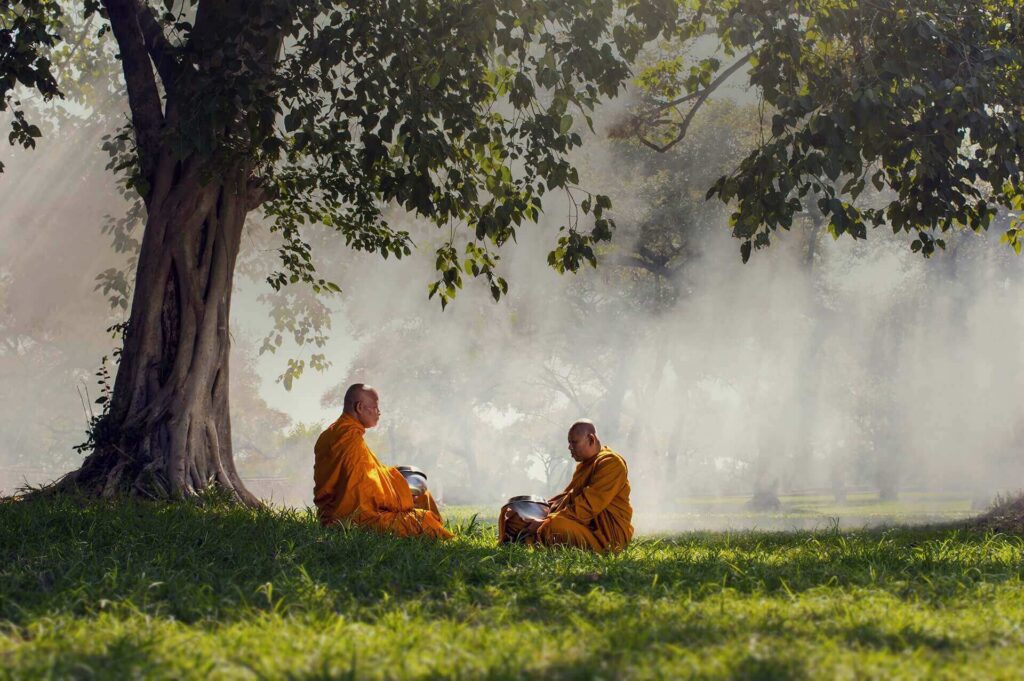
Mother Teresa (Christianity) (Buddhism)
Mother Teresa, an Albanian-Indian nun and missionary, exemplified the virtues of love, compassion, and selflessness. Through her work with the poor and destitute in Calcutta, she embodied the teachings of Christ, demonstrating unwavering kindness and tolerance towards all individuals, regardless of their background or beliefs.
Rumi (Islam/Sufism)
Jalal ad-Din Muhammad Rumi, a 13th-century Persian poet and mystic, is renowned for his timeless verses on love, unity, and spiritual enlightenment. His teachings surpass religious boundaries and resonate with truth seekers and wisdom enthusiasts from various backgrounds. Rumi’s profound insights into the nature of existence inspire individuals to embrace tolerance, acceptance, and inner peace.
Mahatma Gandhi (Hinduism)
Mahatma Gandhi, the foremost leader of India’s independence movement, personified the principles of nonviolence, tolerance, and compassion. Through Satyagraha (truth force), he promoted social justice and harmony among diverse religious and cultural communities, inspiring numerous individuals to strive for peaceful coexistence and mutual respect.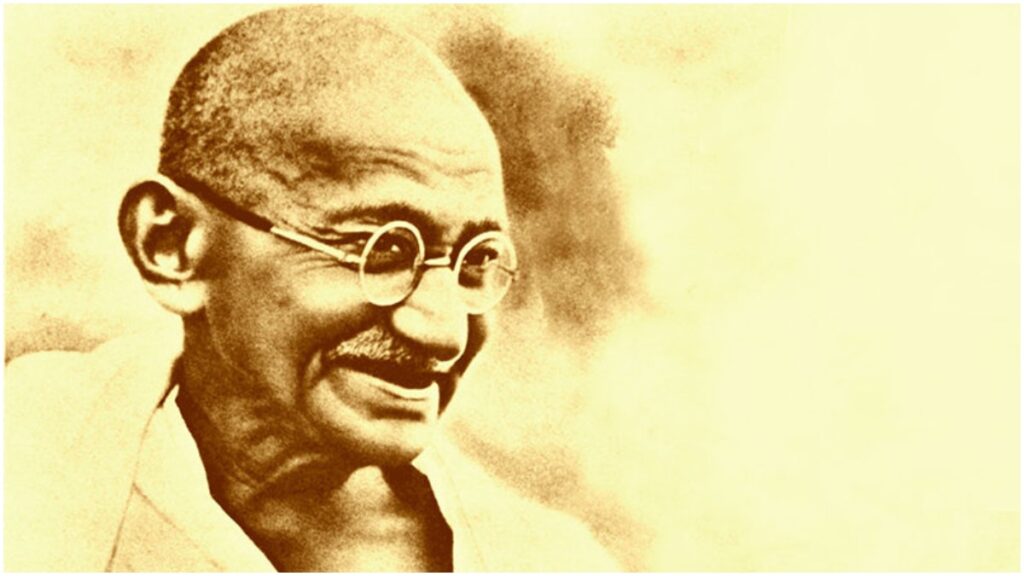
The 14th Dalai Lama (Tibetan Buddhism)
His Holiness the 14th Dalai Lama, Tenzin Gyatso, is widely respected as a spiritual leader and a symbol of peace worldwide. His teachings focus on compassion, forgiveness, and interfaith dialogue, promoting understanding and reconciliation among individuals of diverse faiths and cultures. The Dalai Lama’s serene presence and inclusive approach to spirituality inspire millions and encourage the cultivation of tolerance, empathy, and inner harmony.